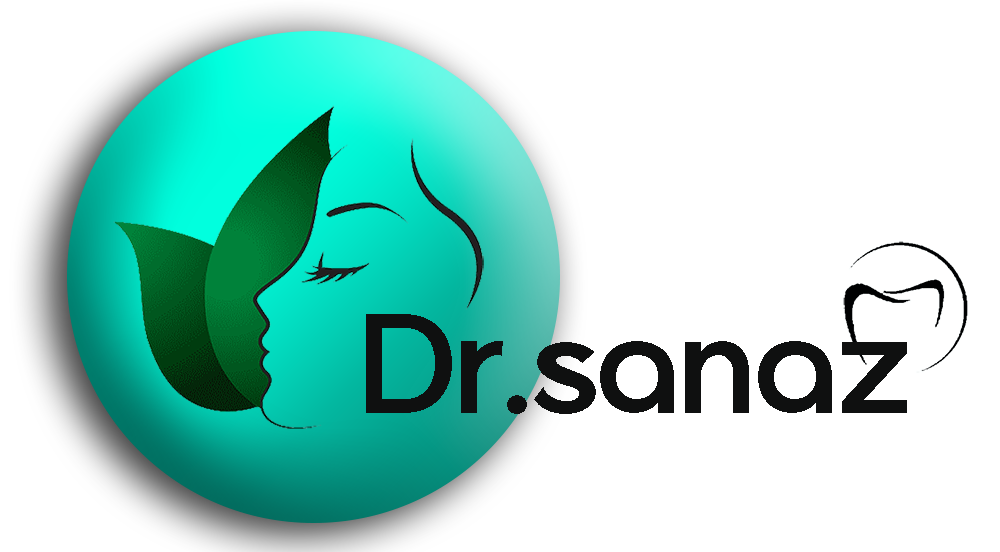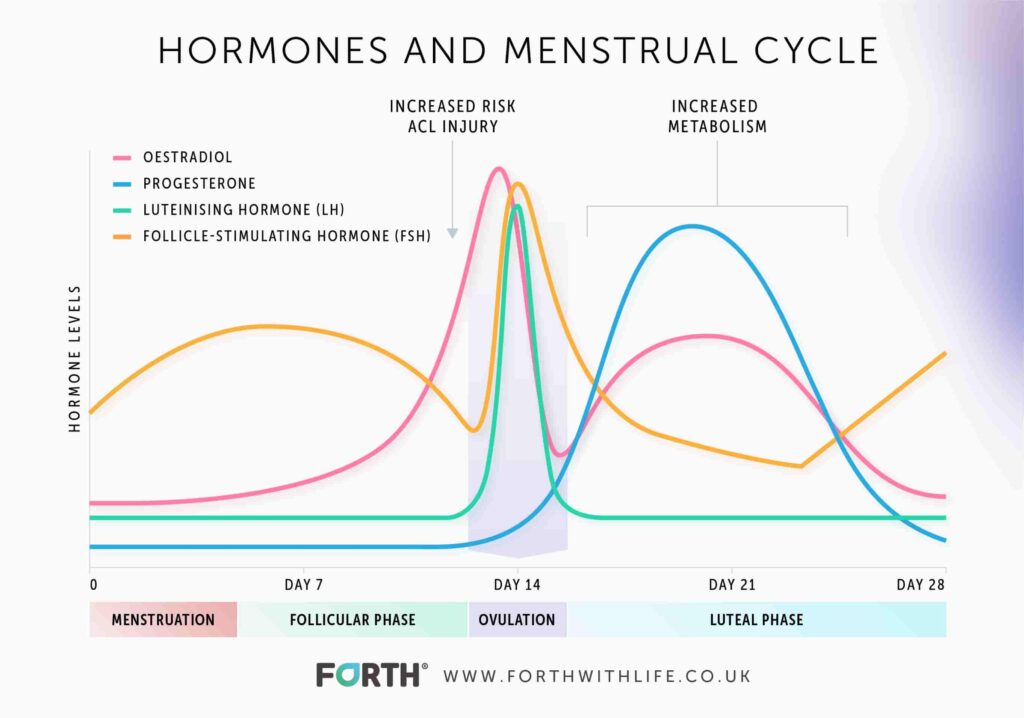

how To Avoid Ectopic Pregnancy Naturally
Table of Contents
The most dangerous type of pregnancy among women is ectopic pregnancy. Occurring when an embryo (fertilized egg) develops in the wrong place outside the uterus, such as in the fallopian tube or attached to the ovary, this type of pregnancy always ends in miscarriage. Without treatment, it can lead to heavy bleeding and even death for the woman.
If you have symptoms of this type of pregnancy, such as vaginal bleeding or pelvic pain, contact your doctor immediately. Of course, there is no need to worry because today, with the advancement of medical science, many women who have experienced an ectopic pregnancy can have a healthy pregnancy later.

What is Ectopic Pregnancy?
Ectopic means “out of place.” Ectopic pregnancy is when the fetus grows in the wrong place outside the uterus. As mentioned, an embryo is a fertilized egg created by combining egg and sperm. When the egg is fertilized, it usually travels down the fallopian tube and attaches itself to the uterine wall.
The fallopian tubes are between your ovaries (where eggs are stored) and the uterus.
In most ectopic pregnancies, the fertilized egg attaches to the fallopian tube before reaching the uterus.
In fewer cases, it attaches to the ovary, cervix, or abdomen. The cervix is located above the vagina. These areas do not have enough space or proper tissue for the child’s growth.
Without treatment, this type of pregnancy can cause heavy bleeding or rupture of the junction, and in some cases, it may even lead to severe bleeding and even death in the pregnant woman. This unpleasant event always ends with the loss of the fetus.

Early Symptoms of Ectopic Pregnancy
You may not notice any symptoms at first. However, some women who have an ectopic pregnancy have early signs of pregnancy: missed periods, breast tenderness, and nausea.
If you take a pregnancy test, the result will be positive. However, an ectopic pregnancy cannot continue naturally.
Usually, ectopic pregnancy does not have specific symptoms and may only be detected during scanning and ultrasound.
If there are symptoms, they appear between 4 and 12 weeks of pregnancy, and the most common symptoms of this type of pregnancy can be a combination of the following:
- A period of no menstruation and having other symptoms of pregnancy
- Unilateral pain in the lower abdomen
- Having vaginal bleeding or watery brown discharge
- Pain in the shoulders
- Discomfort and burning sensation when urinating
You may also be interested in reading the article “When Do Early Pregnancy Symptoms Start?“

Vaginal bleeding
Vaginal bleeding during pregnancy is slightly different from your period. It often starts and stops and may be watery and dark brown.
Vaginal bleeding in pregnancy can be standard and not necessarily a sign of a severe problem, while each trimester can have unique causes, so if you have it, you should always consult a doctor.
feeling pain
You may have stomach pain, usually on one side. It may develop suddenly or gradually and may be persistent or come and go.
Shoulder tip pain
Shoulder tip pain is unusual and felt where your shoulder ends and your arm begins. If experienced, you should seek medical advice immediately.
We do not fully understand why this pain occurs. It is thought to be associated with fluid or blood leaking into the pelvis or lower abdomen, which occurs in this type of pregnancy.
There are nerves in this area that connect to your shoulder. Stimulation of these nerves can lead to shoulder tip pain.

Discomfort when going to the toilet
You may have pain when you vomit or have a bowel movement. You may also have diarrhea or constipation. Some changes in the typical pattern of your bladder and bowels are regular during pregnancy. Urinary tract infections and stomach problems can cause these symptoms. However, it is still a good idea to seek medical advice.
Be sure to read the article “How To Prevent Viral Infections?” to prevent the great danger.

Why Does Ectopic Pregnancy Happen?
Causes of ectopic pregnancy
The cause of ectopic pregnancy has not yet been specifically announced. Sometimes the cause of ectopic pregnancy is due to problems in the fallopian tubes, such as their narrowness or blockage, and sometimes it occurs for other reasons, such as the following:
- Age: An ectopic pregnancy can occur in any woman of any age who is ovulating and is sexually active with her male partner. The highest probability of this type of pregnancy occurs in women aged 35 to 44.
- History: The most significant risk factor for ectopic pregnancy is a previous history of ectopic pregnancy.
- Fallopian tube abnormalities: Any abnormality in the typical structure of the fallopian tubes can be a risk factor for tubal or ectopic pregnancy elsewhere.
- Previous female surgeries: Previous surgery on the fallopian tubes, such as tubal sterilization or reconstructive procedures, can lead to scarring and disruption of the normal anatomy of the tubes and increase the risk of this type of pregnancy.

- Infections: Inflammatory pelvic disease is another risk factor for ectopic pregnancy. Pelvic infections are usually caused by sexually transmitted organisms such as chlamydia or the bacteria that cause gonorrhea.
However, non-sexual bacteria can also cause pelvic infections and increase the risk of ectopic pregnancy. This infection causes this type of pregnancy by damaging or blocking the fallopian tubes.
Usually, the inner lining of the fallopian tubes is lined with tiny hair-like projections called cilia. These cilia are essential for the smooth egg transfer from the ovary through the fallopian tube and into the uterus. If these cilia are damaged by infection, the transport of the egg is disrupted.
A fertilized egg can settle in the fallopian tube without reaching the uterus, resulting in an ectopic pregnancy.
In the same way, the scar caused by the infection and the partial blockage of the fallopian tubes can also prevent the egg from reaching the uterus.
- Multiple sexual partners: Since having multiple sexual partners increases the risk of pelvic infection in women, multiple sexual partners are also associated with an increased risk of ectopic pregnancy.
- Gynecological conditions: such as pelvic infections, endometriosis, fibroid tumors, or pelvic scar tissue (pelvic adhesions), can narrow the fallopian tubes and interfere with egg transport, increasing the chance of an ectopic pregnancy.
In that regard, reading the article “How Adaptive Immune System Works?” would be worthwhile.

- IUD use: About half of pregnancies in women using intrauterine devices (IUDs) are ectopic. However, the number of pregnant women using an IUD is minimal. Therefore, the overall number of IUD-related ectopic pregnancies is deficient.
- Smoking: Smoking around the time of conception is also associated with an increased risk of this type of pregnancy. This means that the risk depends on the habits of each woman and increases with the number of cigarettes consumed.
- Infertility: A history of infertility for two years or more is associated with an increased risk of ectopic pregnancy.
- Other causes: Infection, congenital disabilities, or tumors of the fallopian tubes can increase a woman’s risk of this type of pregnancy.

Avoiding ectopic pregnancy in natural ways
Prevention is better than cure.
First, knowing that you cannot prevent an ectopic pregnancy is better, but you can try to control your risk factors. Do not smoke; if you smoke, plan to quit before you get pregnant.
Use condoms during sex before pregnancy. This can help prevent sexually transmitted infections, such as chlamydia and gonorrhea, that can cause PID. Talk to your doctor if you are at risk of an ectopic pregnancy.
He may take additional measures to detect this type of pregnancy early. This could include checking your hormone levels in blood tests or scheduling an early ultrasound.
How to Reduce the chance of having an ectopic pregnancy?
Reduce the chance of having an ectopic pregnancy in the future by doing these things:
1- If you have symptoms of ectopic pregnancy, get treatment
It is essential to be treated immediately after an ectopic pregnancy. The sooner you are treated, the lower the risk of complications.
Common symptoms of an ectopic pregnancy include missed periods, back pain and abdominal pain (can be on the right or left side), cramping, and abnormal vaginal bleeding.
If your fallopian tube ruptures, you may experience severe abdominal pain, shoulder pain, low blood pressure, weakness, and rectal pressure. This is an emergency that requires immediate medical attention.
Early signs of this type of pregnancy may be the same as a normal pregnancy, so it is essential to see your doctor early to ensure your pregnancy is progressing normally.

2- If possible, use drug therapy instead of surgery
If you have an ectopic pregnancy, you may need medication or surgery to remove the pregnancy.
If taking medication is an option for you, this method may be preferred because it is less likely to damage the fallopian tubes, which increases the risk of some ectopic pregnancies in the future.
Medication is only an option when this type of pregnancy is diagnosed early in pregnancy.
The medicine used to stop cell growth is called methotrexate. If methotrexate is used, the patient should have regular blood tests and be monitored. Therefore, you must be committed to continuing your appointments with your doctor.
You may also be interested in reading the article “The Science of White Blood Cells: Inside the Body’s Invisible Army”.
Methotrexate can cause side effects such as indigestion, diarrhea, and nausea.
If you take methotrexate, use birth control pills for at least three months. Exposure to methotrexate may harm your unborn baby.
Surgery is sometimes the best option, so always listen to your doctor’s advice. Surgery is performed laparoscopically (through small incisions) and rarely through a laparotomy (large incision).

3- Notify your doctor about persistent abdominal pain
If you have abdominal pain that does not go away after treatment for an ectopic pregnancy, tell your doctor immediately.
This may be a sign of an infection that, if left untreated, can increase your chances of an ectopic pregnancy.
4- Keep the subsequent pregnancies under control and supervision
While you cannot do much to prevent an ectopic pregnancy, you can prevent your subsequent ectopic pregnancy from having severe complications.
If you have had an ectopic pregnancy, you should see your doctor for blood tests and ultrasound as soon as you think you might be pregnant again. It can soon confirm whether the pregnancy is normal or not.
Most women who have had an abnormal pregnancy can have a normal pregnancy, so do not lose hope.

What to Do If You Have an Ectopic Pregnancy?
Treatment of ectopic pregnancy
Treatment options for ectopic pregnancy include
- observation,
- laparoscopy
- laparotomy
- medication.
The choice of these options by the attending physician is different for each person, depending on several factors.
Some ectopic pregnancies resolve independently without intervention, while others require immediate surgery due to life-threatening bleeding. However, due to the risk of rupture and potentially severe consequences, most women diagnosed with an ectopic pregnancy are treated with drugs or surgery.

drug therapy
For ectopic pregnancy, it involves using an anti-cancer drug called methotrexate (Rumatex, Trexal).
Medical treatment for ectopic pregnancy includes using an anti-cancer drug called methotrexate (Rumatex, Trexal). Medical treatment can also successfully treat a particular group of women with an ectopic pregnancy.
Medical treatment involves using an anti-cancer drug called methotrexate (Rheumatrex, Trexal). This drug destroys the placenta’s growing cells, thereby causing the abortion of an ectopic pregnancy.
Some patients may not respond to methotrexate and require surgical treatment. Methotrexate is gaining popularity due to its high success rate and low side effects.
Certain factors, including the size of the mass associated with the ectopic pregnancy and the concentration of beta-HCG in the blood, help doctors decide which women are candidates for medical treatment rather than surgery.
Optimal candidates for methotrexate treatment are women with beta subunit (HCG) concentrations less than or equal to 5000 mIU/mL.
In a properly selected patient population, methotrexate therapy is about 90% effective in treating ectopic pregnancy.
There is no evidence that the use of this drug has side effects in subsequent pregnancies. Additional tests (HCG) are usually ordered to confirm that methotrexate treatment works.
The article “Top 10 High Protein Snacks For Pregnant.” will be helpful too.

surgery
If an ectopic pregnancy has ruptured a tube, emergency surgery is required. Sometimes surgery is needed even if the fallopian tube is not ruptured. In these cases, the ectopic pregnancy can be removed from the tube, or the entire tube with the pregnancy can be removed.
Surgery is usually performed laparoscopically. In this method, a narrow camera with light is used, which is inserted through small incisions in the abdomen. It is done in the hospital under general anesthesia. Your gynecologist will talk to you about possible side effects and risks of surgery for an ectopic pregnancy. These may include pain, fatigue, bleeding, and infection.
Two surgical options are available:
- Laparotomy
- Laparoscopy
Laparotomy
It is an open procedure in which a transverse incision (bikini line) is made in the lower abdomen.
Conclusion
Briefly, an ectopic pregnancy occurs when the embryo implants in tissue outside the uterus, often in the fallopian tube. Without prompt treatment, this can cause life-threatening complications for the pregnant person. However, the treatment cannot save the pregnancy. Symptoms of ectopic pregnancy may begin as early as week four and as late as week 12. Diagnosing this problem may involve a combination of pregnancy tests, symptom evaluation, and ultrasound imaging.
Early diagnosis can prevent and reduce the possibility of complications such as fallopian tube damage and internal bleeding. Treatment may include surgery, but drug-based treatment may be an option when a doctor detects an ectopic pregnancy early.



